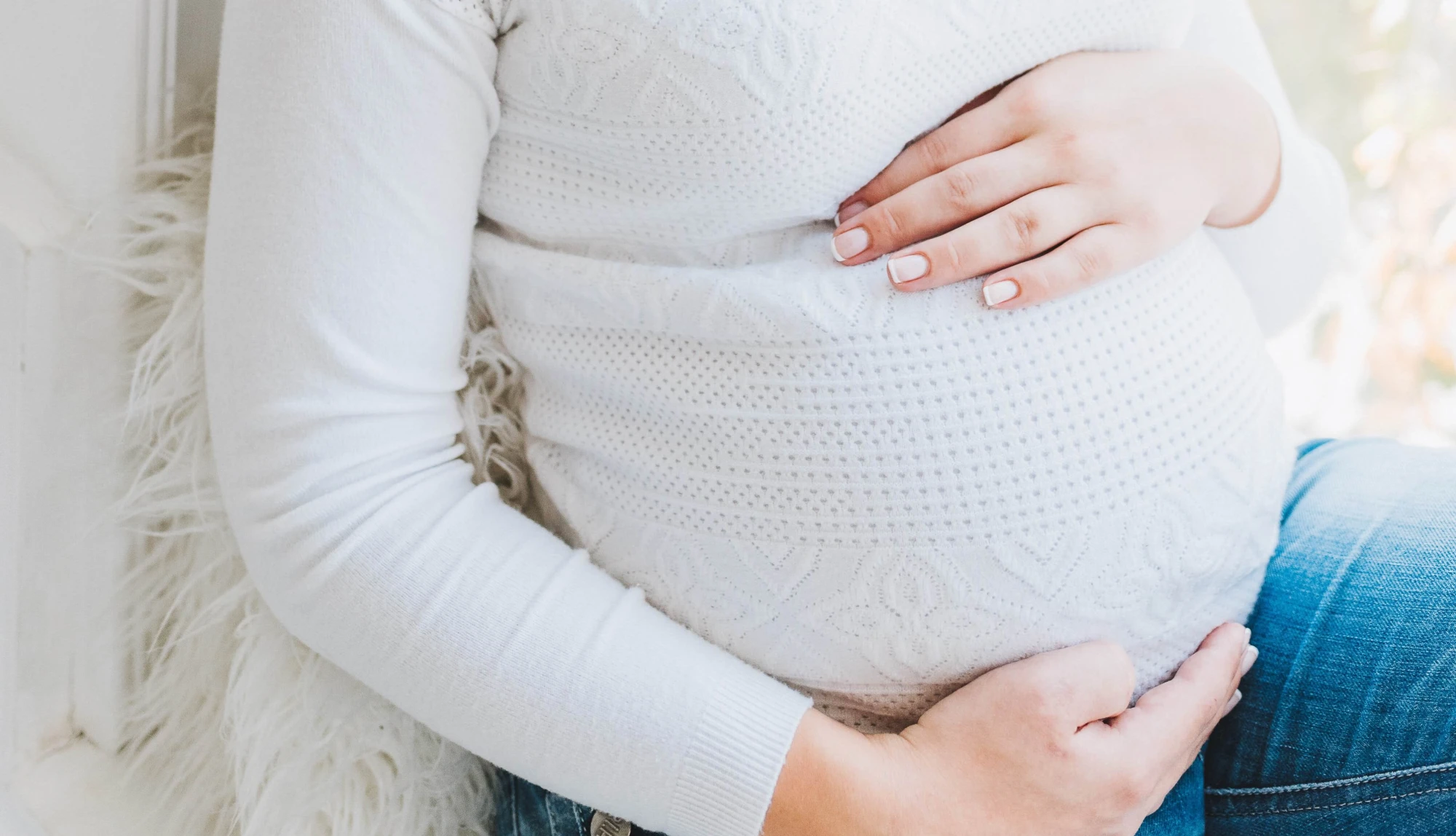Although a pregnant woman’s calcium needs do not increase (they remain at 700mg/day), it is important that enough calcium is taken throughout this period as it will help with the development of the baby’s bones.
During pregnancy certain cheeses should be avoided. These are cheeses with blue veins (e.g. Stilton, Danish Blue) and mould–ripened soft cheeses (e.g. Brie, Camembert). It is important to note, though, that milk and yogurt pose no risk during pregnancy, and are a good way of helping to meet calcium requirements. There is also no risk from hard cheeses (e.g. Cheddar), cottage cheese, cream cheese or processed cheese during pregnancy.
During breastfeeding a woman’s calcium requirements increase by 500mg. This is because calcium will be added to the breast milk she produces.
The recommendation for iodine increases to 200 micrograms/day during pregnancy and breastfeeding (according to the European Food Safety Authority). Milk is a good source of iodine and a 200ml glass provides around a third of this amount.
